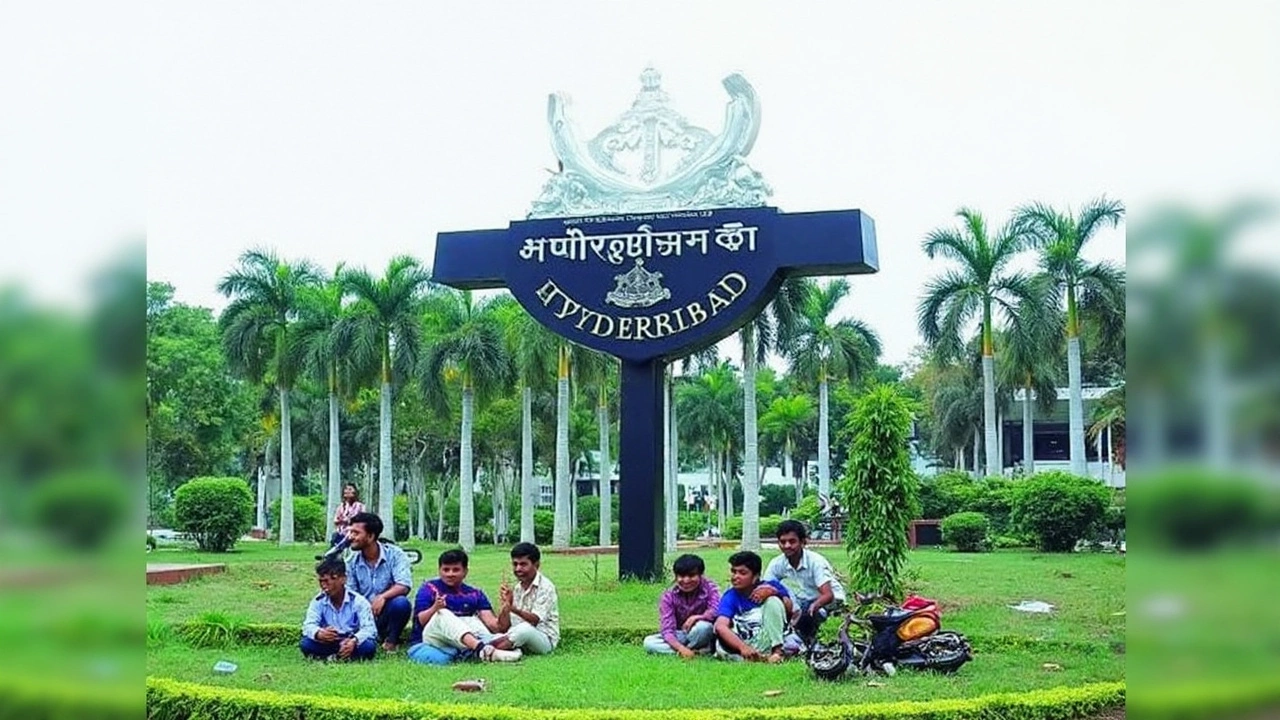PV Narasimha Rao: The Man Who Changed India’s Path
PV Narasimha Rao was India’s 9th prime minister, serving from 1991 to 1996. He stepped in when the country faced a severe financial crisis, high inflation, and political instability. Despite being a veteran politician, many people didn’t expect him to bring such big changes.
Born in 1921 in a small town in Andhra Pradesh, Rao grew up in a modest family. He studied law and entered politics early, joining the Indian National Congress. Over the years, he held several key positions, including chief minister of Andhra Pradesh and union minister for several departments.
When he became prime minister, India’s foreign exchange reserves were almost exhausted. The IMF asked for tough measures, and Rao decided to open up the economy. He invited economists like Manmohan Singh to design a new policy framework that would shift India from a closed, socialist model to a more market‑driven one.
Economic Reforms and Liberalisation
The reforms started in 1991 with the New Economic Policy. They reduced import duties, removed licensing requirements for many industries, and encouraged foreign investment. These steps sparked a wave of growth that continues today. Small businesses found it easier to import raw material, and the IT sector began to boom, creating jobs for millions.
Rao’s government also introduced the value‑added tax (VAT) and encouraged banks to modernise. While the reforms were tough on some traditional sectors, they helped lower inflation and stabilized the rupee. Many credit the 1990s growth surge to these policies.
Legacy and Influence
Beyond economics, Rao strengthened India’s ties with the United States, Israel, and several Asian nations. He signed the Look East policy, which pushed for better trade and diplomatic relations with East Asian countries. His foreign policy laid the groundwork for today’s strategic partnerships.
Rao’s tenure wasn’t without controversy. He faced criticism for handling regional insurgencies and for the demolition of the Babri Masjid in 1992, which sparked nationwide tension. Yet, supporters argue he kept the country together during a very fragile time.
Today, Rao is often called the “father of Indian economic liberalisation.” Scholars and journalists point to his willingness to break away from old ideas and try new approaches. Young politicians still study his decisions to understand how to balance reform with political realities.In simple terms, PV Narasimha Rao took India from a shaky economy to a path of growth, opening doors for global trade and investment. His mix of experience, calm decision‑making, and willingness to change made a lasting impact on the nation’s story.
Telangana Pushes for Hyderabad Central University to Honor PV Narasimha Rao
In a move to honor former Prime Minister PV Narasimha Rao, Telangana Chief Minister K Chandrasekhar Rao has approached Prime Minister Modi with a proposal to rename Hyderabad Central University. This initiative is part of Rao's birth centenary celebrations and aims to acknowledge his significant contributions to the state and the country's economic policies. It also represents a strategic political maneuver in Telangana.
VIEW MORE